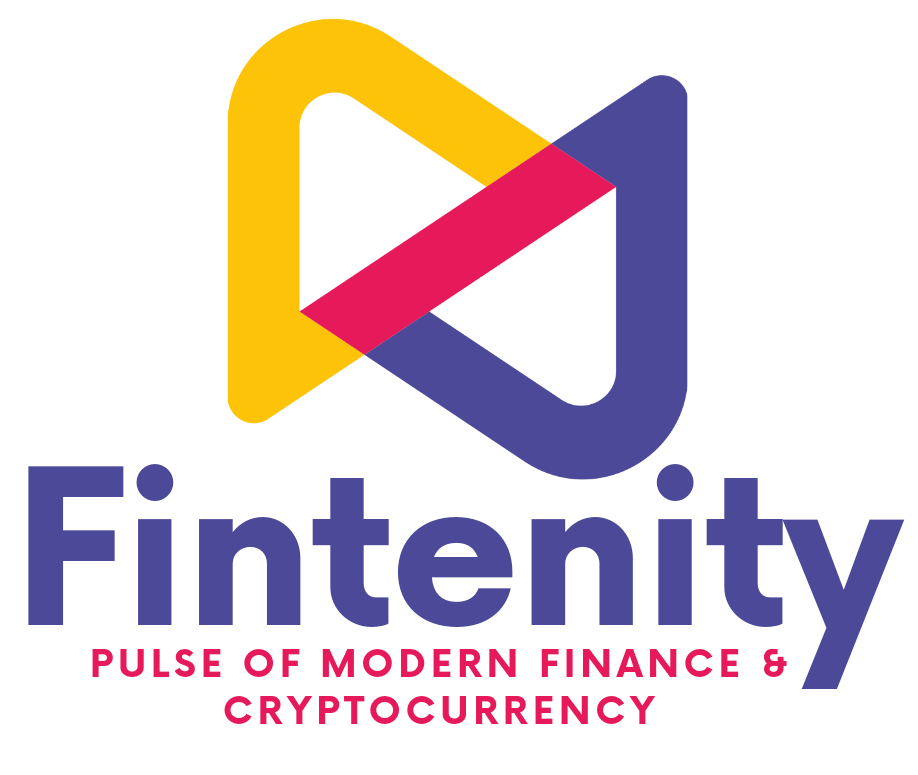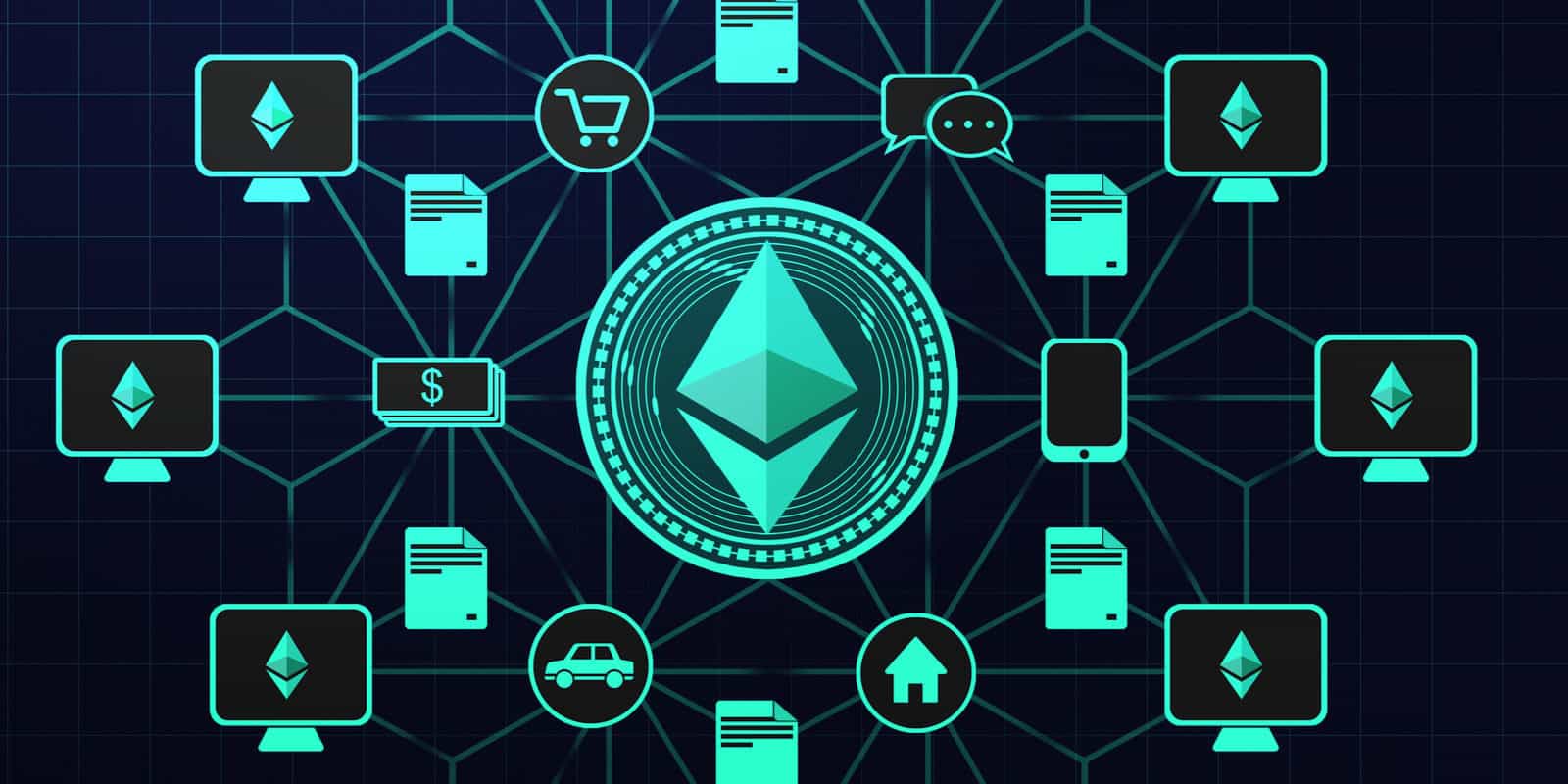Welcome to the world of decentralized finance (DeFi), where Ethereum serves as the backbone of a financial revolution that is reshaping the way we think about money, banking, and financial services. In this decentralized ecosystem, traditional intermediaries are replaced by smart contracts, allowing for trustless transactions, automated agreements, and unprecedented levels of transparency and accessibility. Join us as we embark on a journey to explore the dynamic and rapidly evolving landscape of DeFi, where innovation knows no bounds and the possibilities are limitless.
1. The Rise of DeFi
Decentralized finance (DeFi) has emerged as one of the most exciting and transformative applications of blockchain technology, enabling individuals to access a wide range of financial services without the need for traditional intermediaries such as banks or brokerages. Built on the Ethereum blockchain, DeFi platforms leverage smart contracts to automate lending, borrowing, trading, and asset management, offering users greater control over their finances and unlocking new opportunities for financial inclusion and innovation.
2. Decentralized Exchanges (DEXs)
At the heart of DeFi lies the concept of decentralized exchanges (DEXs), platforms that facilitate the trading of digital assets directly between users without the need for a central authority. By eliminating the need for intermediaries, DEXs offer greater security, privacy, and control over assets, allowing users to trade cryptocurrencies and tokens in a trustless and censorship-resistant manner. Popular DEXs such as Uniswap, SushiSwap, and PancakeSwap have gained significant traction, offering users a seamless and decentralized trading experience.
3. Decentralized Lending and Borrowing
DeFi platforms also enable decentralized lending and borrowing, allowing users to lend out their digital assets and earn interest or borrow assets against collateral without the need for a traditional bank or lender. By leveraging smart contracts, DeFi lending protocols such as Compound, Aave, and MakerDAO enable users to access liquidity, earn passive income, and manage their assets in a decentralized and permissionless manner. This opens up new opportunities for individuals to access credit, earn interest, and participate in the global financial system without the need for a bank account or credit history.
4. Yield Farming and Liquidity Mining
Yield farming and liquidity mining have become popular strategies in the DeFi space, allowing users to earn rewards and incentives for providing liquidity to decentralized exchanges and lending protocols. By staking their assets in liquidity pools, users can earn a share of trading fees, interest, or governance tokens, incentivizing liquidity provision and driving innovation in the DeFi ecosystem. While yield farming carries risks such as impermanent loss and smart contract vulnerabilities, it has become a lucrative opportunity for users to earn passive income and participate in the growth of decentralized finance.
5. Challenges and Opportunities
While DeFi offers exciting opportunities for innovation and financial inclusion, it also faces challenges such as scalability, security, and regulatory uncertainty. Scaling solutions such as layer 2 protocols and Ethereum 2.0 aim to address the scalability issues of the Ethereum blockchain, while ongoing efforts to improve security and compliance seek to mitigate the risks associated with DeFi platforms. Despite these challenges, the potential of DeFi to democratize access to financial services, reduce barriers to entry, and promote financial innovation is undeniable, making it a powerful force for change in the global financial system.
In Conclusion
Ethereum’s decentralized finance (DeFi) ecosystem represents a paradigm shift in the way we think about money, banking, and financial services. By leveraging smart contracts and blockchain technology, DeFi platforms offer unprecedented levels of transparency, security, and accessibility, empowering individuals to take control of their finances and participate in the global economy on their own terms. As DeFi continues to evolve and mature, its impact on the financial landscape is poised to be profound, ushering in a new era of financial innovation, inclusion, and empowerment for people around the world.

